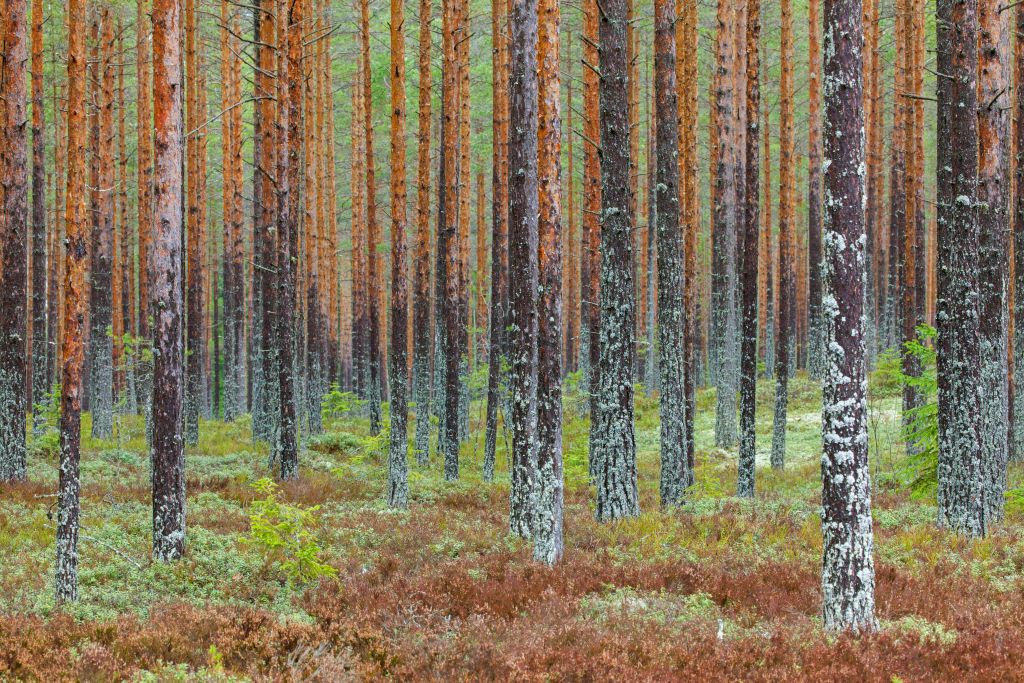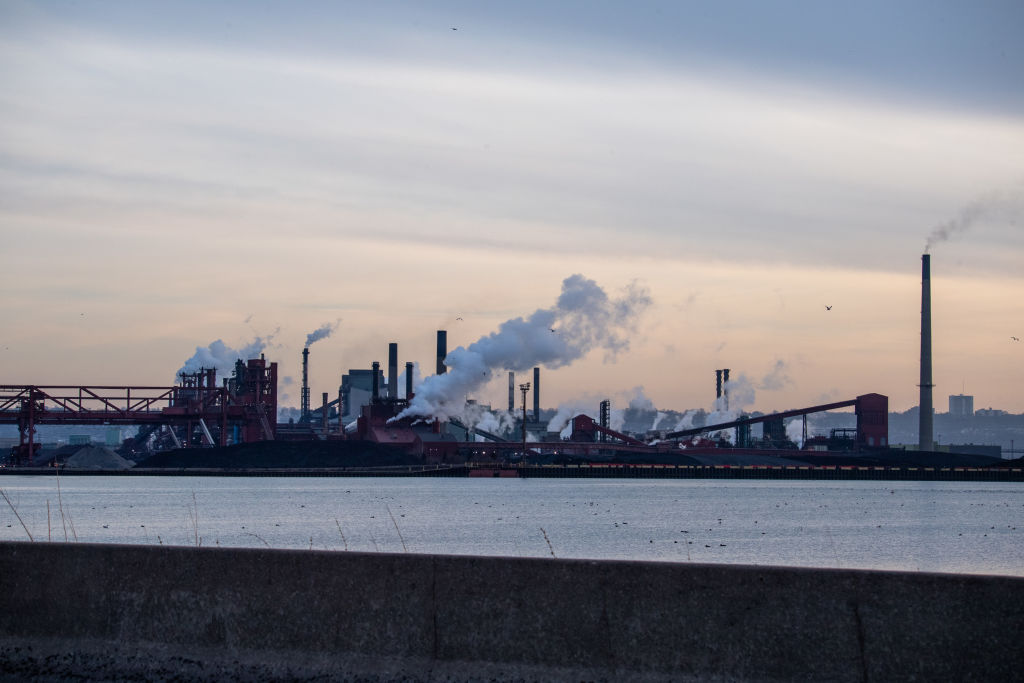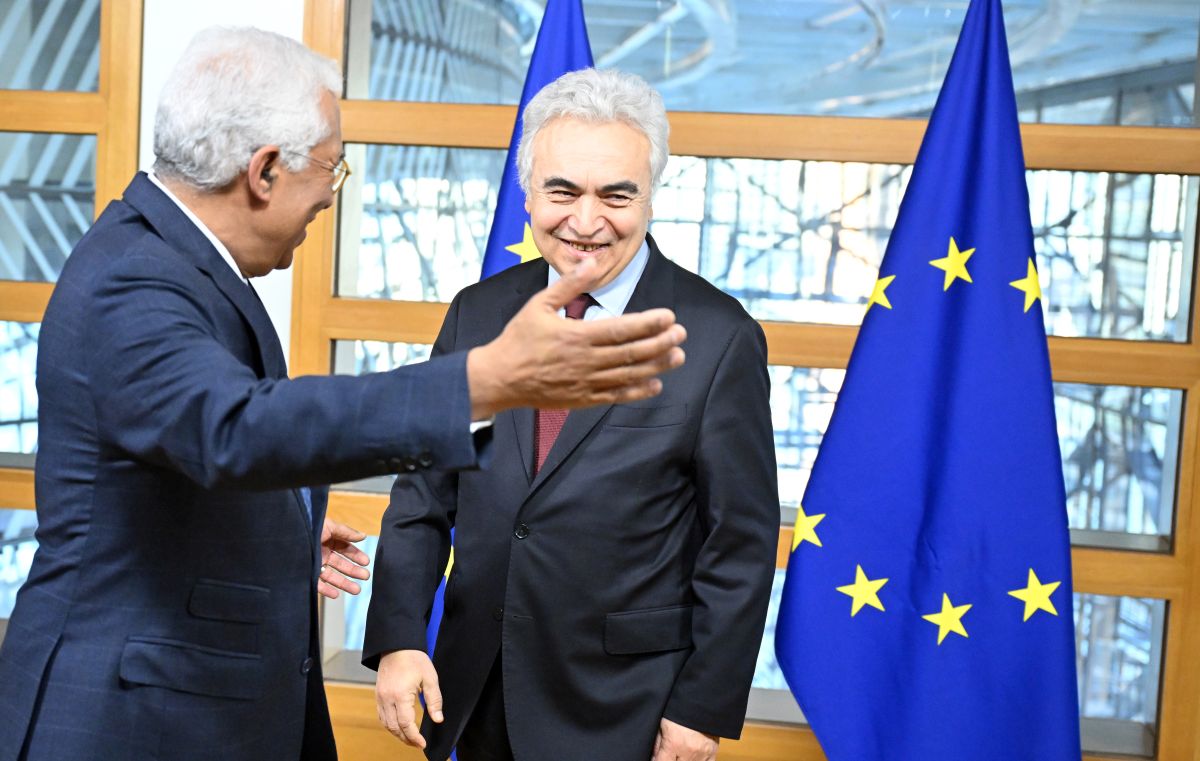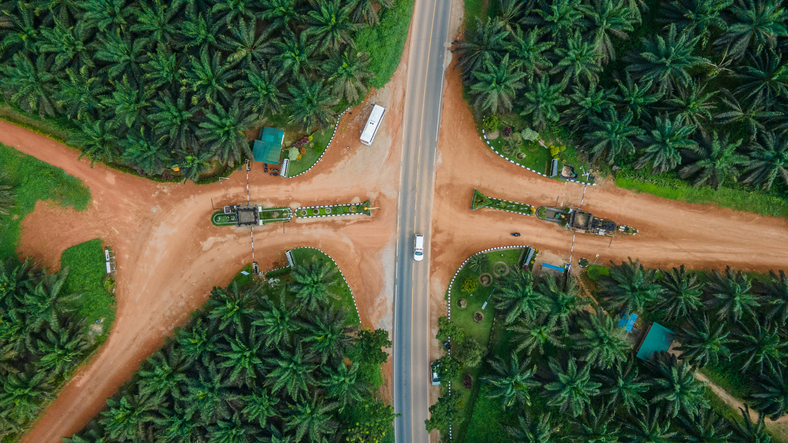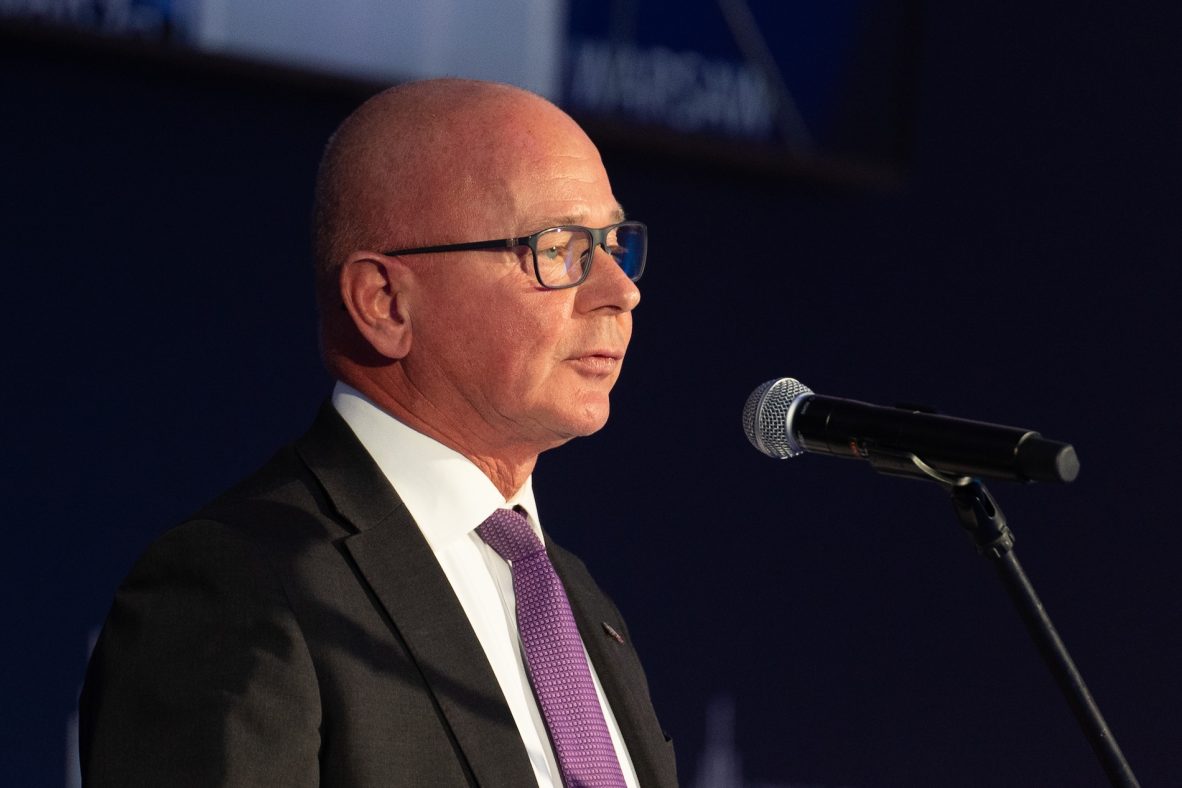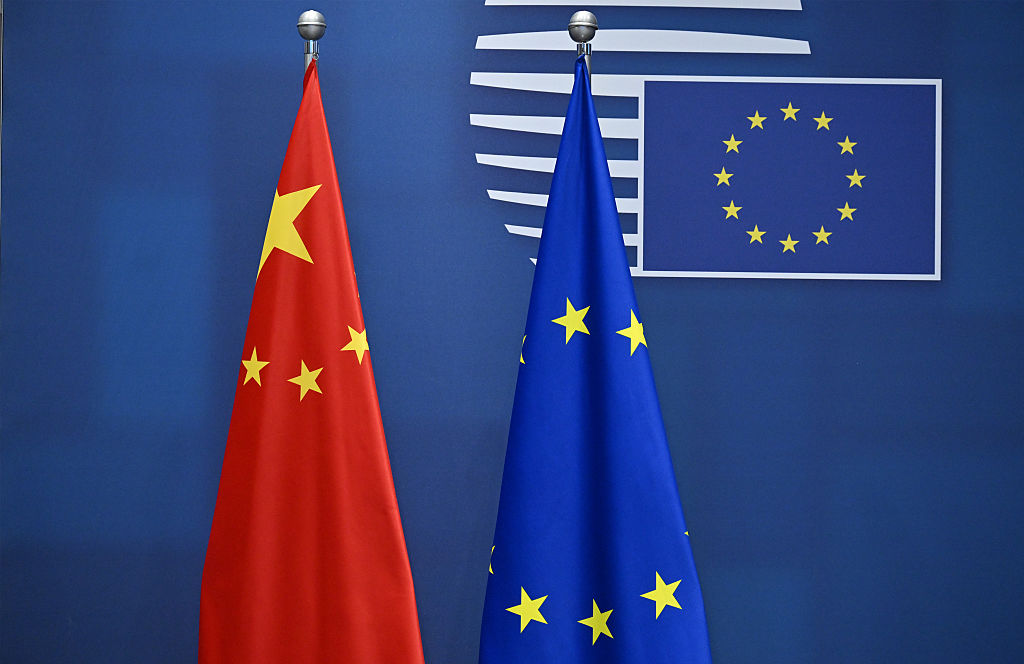Kazakhstan advances nuclear ambitions, four firms in race for first plant construction
A strategic uranium reserve will be established to support the nuclear power plants, leveraging Kazakhstan’s global position as the largest uranium producer, holding 14 per cent of the world’s uranium reserves.

Kazakhstan has shortlisted four vendors for the construction of its first nuclear power plant. The agreements and contracts for the project will be signed this year.
Authorities have completed the dialogue process, which included Russia’s state atomic energy corporation Rosatom, South Korea’s Hydro & Nuclear Power (KHNP), France’s EDF, and China’s National Nuclear Corporation (CNNC).
According to the Atomic Energy Agency, the contractor selection process is expected to be finalised by June at a meeting of the Interdepartmental Commission, “taking into account the national interests of the country.”
President Kassym-Jomart Tokayev decreed this agency a state body “directly subordinate and accountable” to the head of state. Former Energy Minister Almasadam Satkaliyev was appointed chair.
Kazak citizens, in a nationwide referendum held in October last year, approved the construction of a nuclear power plant despite the country’s unfortunate history with the use of nuclear materials.
Counting on Russia
Russian state-owned news agency TASS cited Kazakhstan’s Deputy Prime Minister and Foreign Minister Murat Nurtleu, saying that his country is counting on Russia for the nuclear power plant project.
Nurtleu made the statement at a recent meeting with his Russian counterpart, Sergey Lavrov, on the sidelines of the CIS Foreign Ministers Council. He described the nuclear power plant as “one of the most important projects” in Kazakhstan.
“I hope our colleagues in the line ministries will carry out the necessary work,” Nurtleu reportedly told Lavrov, highlighting the joint and large-scale projects with Russian businesses which surpass 170 enterprises.
President Tokayev has said that the construction project will be delivered by an “international consortium of global companies with the most advanced technologies”. However, Russia’s possible involvement has raised concerns.
As Kazakhstan, the world’s largest uranium-producing country, develops its nuclear strategy, many worry Russia (alongside China) will rush to take advantage of the project to dominate the sector.
What is on offer?
Kazakhstan’s authorities have chosen the Zhambyl district of the Almaty Region as the site for the nuclear power plant. The Ministry of Energy estimates that the work will take about eight years to complete.
CNNC has proposed its HPR-1000 (Hualong One) design, consisting of two units with a capacity of approximately 1,2 gigawatts each. KHNP has offered the APR-1400, with a capacity of about 1,4 gigawatts.
EDF has proposed the EPR-1200 model, a scaled-down version of the European Pressurised Reactor (EPR), while Rosatom is offering two reactor options: the VVER-1200 and the VVER-1000. Both have a capacity of around 1,2 gigawatts.
Initial costs for the project were estimated at $10-15 billion. Meanwhile, China is offering a total cost of $5.6 billion and a construction period of about five years, a significantly cheaper and faster plan.
According to Russian media reports, intergovernmental agreements and contracts needed for the project are expected to be signed in November. Kazakhstan’s nuclear cluster project involves building at least three nuclear power plants.
Nuclear development
A strategic uranium reserve will be established to support the nuclear power plants, leveraging Kazakhstan’s global position as the largest uranium producer. The country holds 14 per cent of the world’s uranium reserves.
The government has focused on training specialists in nuclear fields, with numerous educational grants and programmes in place. Students are also being sent abroad to study nuclear technologies under a scholarship programme.
On the eve of Science Workers’ Day, Tokayev described nuclear science and technology development as a “strategic task” that can promote new areas in the economy, highlighting the country’s potential in the field.
In parallel, the Kazakh Parliament is developing a new bill on radioactive waste management and nuclear safety, aligning with international standards set by the International Atomic Energy Agency (IAEA).
The legislation aims to ensure the highest safety standards while addressing public concerns. To ensure the effective management of nuclear waste and the development of the sector, proposals from scientists and experts are being integrated into the draft.
[Edited By Brian Maguire | Euractiv’s Advocacy Lab ]
